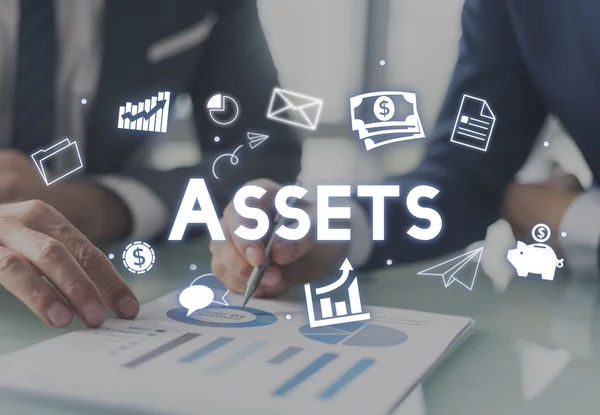Have you ever heard the word “asset” thrown around in finance or business and wondered what it means?
Let’s break it down in the simplest terms possible.

What Is an Asset?
An asset is anything valuable that you own. It can be something that helps you make money, grow your wealth, or improve your life.
Think of an asset as a resource that has current or future value.
If it can be sold, used to generate income, or increase in value over time, it’s an asset.
Examples of Common Assets :
Here are some examples that might already be part of your life:
| Asset Type | Examples |
|---|---|
| Physical Assets | House, car, land, gold, art |
| Financial Assets | Cash, stocks, bonds, savings accounts |
| Business Assets | Equipment, inventory, trademarks, and patents |
| Digital Assets | Websites, online businesses, and NFTs |
| Human Assets (in theory) | Skills, education, experience |
Why Are Assets Important?
Assets are at the heart of your financial health. They help you:
- Build wealth
- Secure loans
- Fund your retirement
- Achieve financial freedom
When you have more assets than debts, your net worth increases — and that’s a good thing!
💡 Net Worth = Total Assets – Total Liabilities
Types of Assets in More Detail
Let’s dig into the main categories of assets:
1. Tangible vs Intangible Assets
- Tangible assets: You can touch or see them (like a house, gold, or a car)
- Intangible assets: You can’t physically touch them (like patents, copyrights, or brand value)
2. Current vs Non-Current Assets
- Current Assets: Easily converted to cash within 12 months (like cash or accounts receivable)
- Non-Current Assets: Long-term value (like land or retirement accounts)
3. Personal vs Business Assets
- Personal Assets: Owned by individuals (house, savings, car)
- Business Assets: Used in operations (machinery, tools, brand name)
Do All Assets Go Up in Value?
No, not always. Some depreciate, which means they lose value over time.
For example:
- A new car loses value as soon as you drive it off the lot.
- Electronics become outdated.
On the other hand:
- Real estate often increases in value.
- Stocks may rise with a company’s performance.
That’s why knowing what type of asset you own matters for smart money decisions.
🧠 Real-Life Examples
- If you buy a house, that’s an asset, especially if it appreciates or brings rental income.
- If you invest in Apple stock, it’s a financial asset with potential returns.
- If you start a YouTube channel that earns ad revenue, it becomes a digital asset.
Can you be more specific about the content of your article? After reading it, I still have some doubts. Hope you can help me.